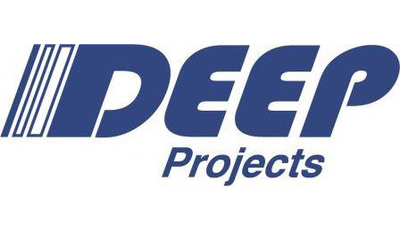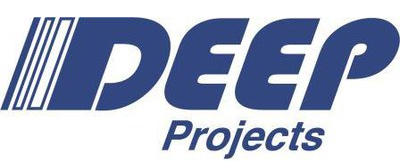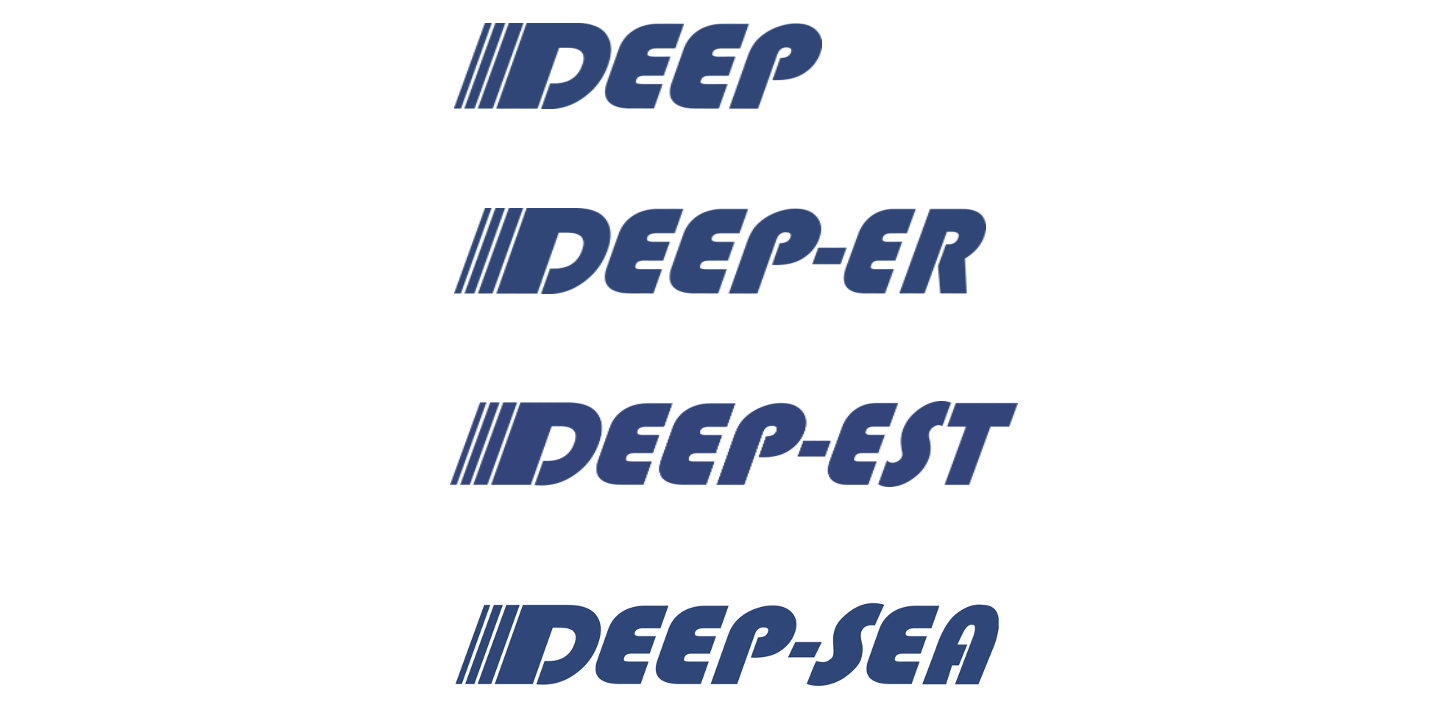The DEEP Projects have received funding from the European Commission’s FP7, H2020, and EuroHPC Programmes, under Grant Agreements n° 287530, 610476, 754304, and 955606. The EuroHPC Joint Undertaking (JU) receives support from the European Union’s Horizon 2020 research and innovation programme and Germany, France, Spain, Greece, Belgium, Sweden, Switzerland.
DEEP Projects
Developing a novel HPC architecture that paves the way for European exascale systems
The DEEP project series started in December 2011 with their first project “DEEP” (Dynamical Exascale Entry Platform). The sequence continued with DEEP-ER (Extended Reach), DEEP-EST (Extreme Scale Technologies) and the last endeavor DEEP-SEA (Software for Exascale Architectures) which ended in March 2024.
Over 30 partners from 13 European countries have been involved in the DEEP projects. This concentration of expertise made it possible to celebrate great successes like the installation of the first modular supercomputer worldwide, the JURECA cluster booster system, or the installation of the DEEP-EST prototype, that features a general-purpose Cluster Module (CM), a focused Data Analytics Module (DAM) and an Extreme Scale Booster (ESB) module.
The integrated software stack developed by DEEP-SEA is one of the key results of the projects, alongside the establishment of the Modular Supercomputing Architecture in large, operational systems like JSC’s JUWELS and the MeluXina system in Luxembourg, and soon in the JUPITER system. The stack is freely available as open source to all interested parties.

OUR POSTS
LATEST NEWS
LATEST EVENTS
THE FOUR DEEP PROJECTS
Learn more about the four projects on the projects page.






